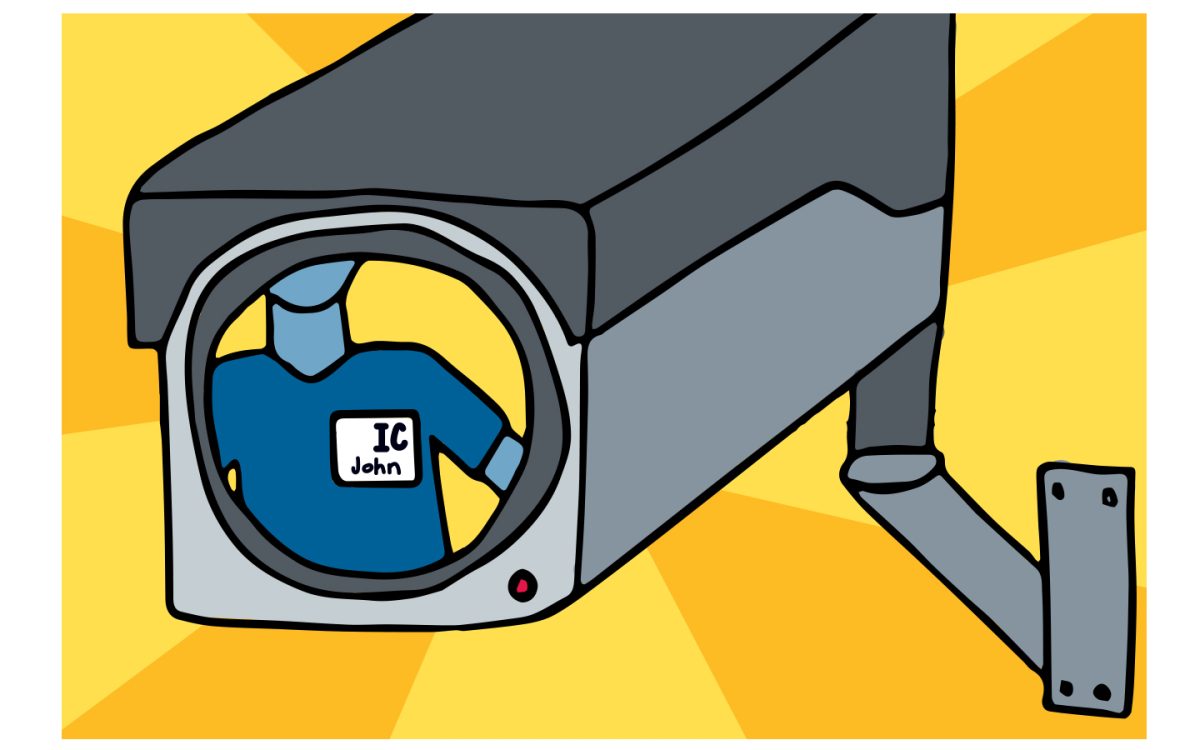While the aim of security for the college, its employees and its students is admirable, concerns surrounding background checks are also valid. In an age of increased surveillance in the workplace — according to data reported by the Journal Record, 40% of American workers believe they are being tracked or otherwise surveilled by higher-ups — it is both understood that to live in this society is to surrender information and that students must establish a precedent of caution.
In particular, worries about positions, such as resident assistants, becoming less accessible for potential hires are also understandable. Regulations of this kind have historically created barriers for students who may be hesitant to make information available to the institution or third-party vendors. Transparency from the administration is paramount to the success of both student employees and the institution at large. The college is still making decisions about the extent and scope of the background checks, which will be implemented in January 2025. The rollout includes a background check rubric, which was last updated in July 2024.
Alternatively, access to this information can make the hiring process more selective. This would allow for the college to screen for candidates more thoroughly as it fills positions on campus, which may increase safety measures and responses. As with all decisions, this should be approached with the well-being of staff, students and potential employees in mind.
Responses to background checks that flag potential issues should also be approached with intentionality. There are degrees of severity, which merit different social and legal reactions, and it is important that the college balances this need for security with the intention to support student workers. While the failure of a background check because of a criminal record does not automatically mean the withdrawal of a job offer, the fear of this may dissuade people from seeking the possibility of employment.














